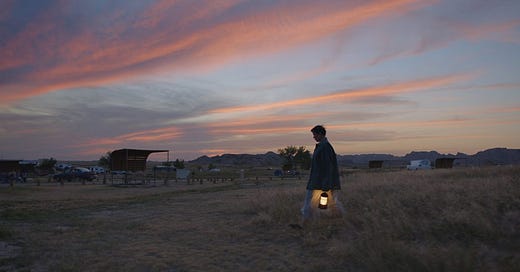How To Cure A Ghost is a free (almost) weekly newsletter. If you find value in what I write and read this regularly, please consider financially supporting its creation by becoming a paid subscriber or Venmo or PayPal me. If you find value in what I write but can’t financially support its creation, please share.
After waiting …
Keep reading with a 7-day free trial
Subscribe to How To Cure A Ghost to keep reading this post and get 7 days of free access to the full post archives.





